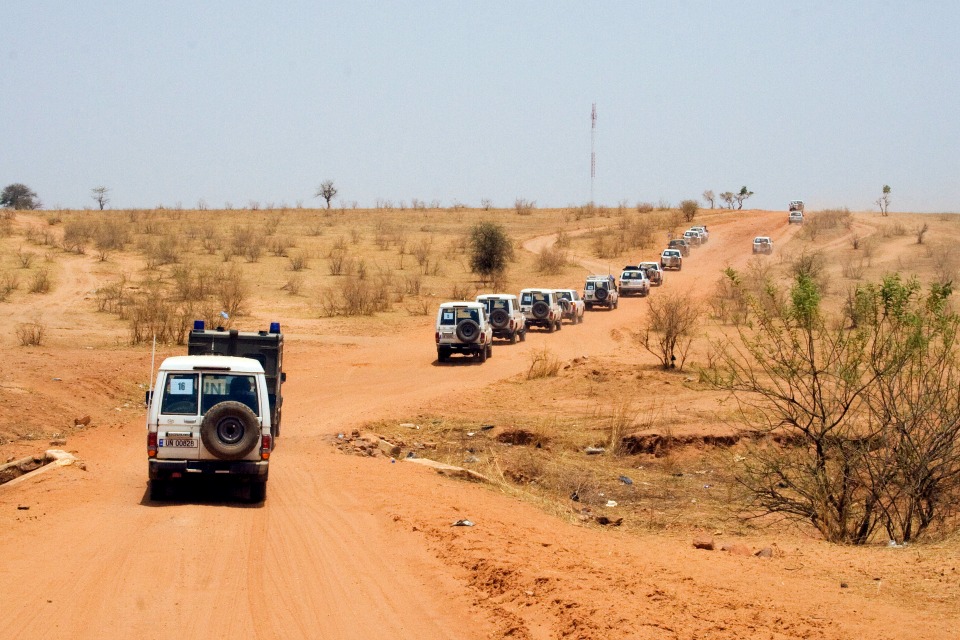"We need the UN-AU partnership to continue to grow and strengthen so that we are more than the sum of our parts."
Statement by Stephen Hickey, Counsellor at the UK Mission to the United Nations, on UN-AU Cooperation

Mr President,
The United Kingdom aligns itself fully with the statement given by Spain and is pleased to make two further points on the United Nations – African Union partnership. A partnership which is, and will remain, critical for peace and security on the African Continent.
I will focus my comments on the UN-AU partnership in respect of UN peacekeeping and AU peace support operations. At the Defence Ministerial in London in September, the UK launched its focus on the three “P’s” of peacekeeping. That framework for improving peacekeeping is equally important in thinking about how we continue to approach the UN-AU partnership in terms of peace operations. We need clear planning based on sharing of information and common threat assessments of threat. We need consultative analysis and joint planning that reflects our respective roles, and which extends throughout the life cycle of missions.
In terms of pledges, AU member states are already significant troop contributors. The UK and Spain pay tribute to their service. AU member states bring unique and diverse capabilities, and we need to move to the next phase of better matching the experience of troops and police to the areas where they are deployed.
In terms of performance, it is vital to have the right sort of mission to face each challenge, which brings me to the very heart of the issue we discussed last week on how peacekeeping can evolve to work in high threat environments. In that debate, many of us commented on the unique comparative advantage of the AU in tackling these threats, and taking on more direct peace enforcement activity. The AU and its Member States are, in many cases, the ones who can respond to kinetic environments in a different way, as AMISOM is designed to do in Somalia.
For that very reason, we need the UN-AU partnership to continue to grow and strengthen so that we are more than the sum of our parts.
That leads me to my second point. AU Member States have made a welcome commitment to offer a significantly increased financial contribution towards AU peace support operations. This development has the potential to open new opportunities for the partnership with the UN in the coming years.
We need to have more detailed discussions on how we can collectively enhance the predictability, sustainability and flexibility of financing for AU-led peace support operations that are authorised by the Security Council. Dr Kaberuka’s work is an important contribution to this debate.
There will be a number of challenges for the UN and AU to meet. Atop of that list are the strengthening of joint analysis and planning and compliance with international humanitarian and human rights law. We must also ensure accountability and oversight of missions’ performance and financing.
If we get this right, there are significant opportunities for both the UN and the AU to improve oversight mechanisms and to ensure high standards of performance and effective delivery of our mandates. Put simply, we will be better placed to rise to the challenge of delivering peace and security on the Africa continent.
The UK and Spain look forward to continuing this important discussion.